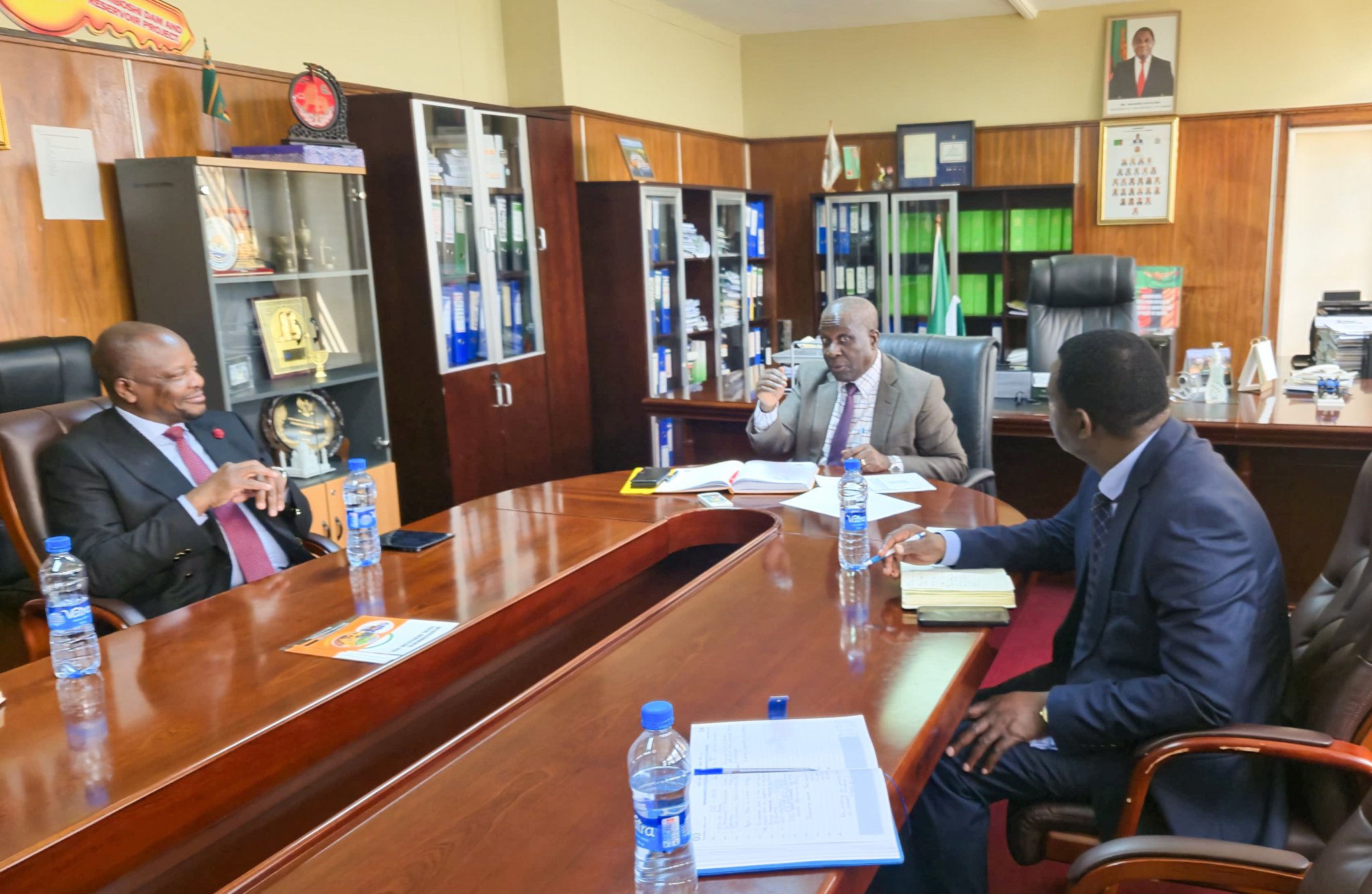

Kenya and Zambia have reaffirmed their commitment to strengthening
agricultural ties through new collaborative initiatives aimed at improving food
systems and boosting productivity.
Kenya’s Cabinet Secretary for Agriculture and
Livestock Development, Senator Mutahi Kagwe, paid a courtesy call on Zambia’s
Minister of Agriculture, Reuben Mutolo, during which the two leaders discussed
practical steps to enhance bilateral cooperation in key agricultural sectors.
Central to the talks was a proposal to create
institutional linkages between Kenya’s Kenya Agricultural and Livestock
Research Organisation (KALRO) and Kenya Plant Health Inspectorate Service
(KEPHIS), with Zambia’s Seed Control and Certification Institute.
The collaboration will focus on joint research, certification, and the
exchange of seeds, especially for yellow maize, sunflower, and napier grass.
Kenya, which has previously imported sunflower
seeds from Zambia, is keen to diversify and secure access to climate-resilient,
high-yield seed varieties through strengthened partnerships.
Vaccine production and livestock health were
also high on the agenda. Kenya offered to export veterinary vaccines to Zambia,
supporting regional strategies to manage livestock health and bolster disease
control efforts.
Minister Mutolo proposed convening a regional meeting of Agriculture Ministers to advance a shared vision for food sovereignty and cross-border support.
CS Kagwe welcomed the idea, emphasising
Kenya’s dedication to regional food security and long-term agricultural
resilience.
In addition, Zambia’s Ministry of Agriculture
committed to facilitating coordination with the country’s Ministry of Livestock
and Fisheries to further broaden the scope of cooperation.
Both countries are actively investing in
sustainable agricultural development and innovation as part of their national
food security agendas.
Senator Kagwe was praised for his proactive role in building regional
partnerships to advance shared prosperity across Africa’s agricultural
landscape.
A formal cooperation framework is expected to
be developed to institutionalise the new areas of collaboration and guide
implementation












